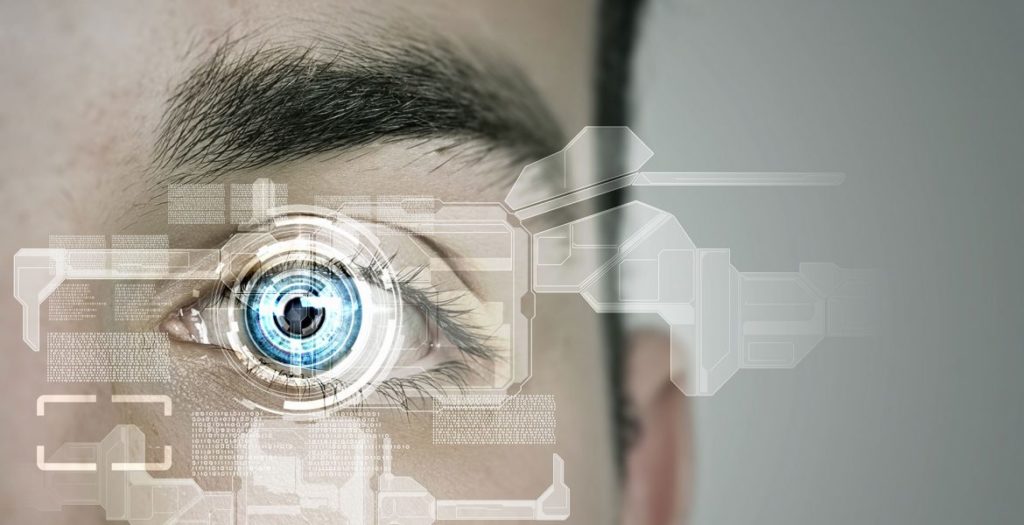AI Technology for Diabetes

Throughout the Advancement of Diabetes Care, Artificial Intelligence Has Played a Significant Role Ranging from Prevention Approaches to Personalized Care
About 415 million people worldwide have diabetes, although 46% remain undiagnosed and untreated. Artificial Intelligence (AI) cannot battle with diabetes on its own, and in the fight against prevention and management, it can provide reliable, economical solutions. AI is widely used in major healthcare initiatives from personalization and controlled coaching to mobile apps that make it easier for diabetes people to control their disease. There are many ways AI can help people with diabetes, ranging from prevention approaches to personalized care. Throughout the advancement of diabetes care, artificial intelligence played a significant role. Mobile health services supported by AI have been shown to improve the treatment of diabetes and reduce the need for medical appointments and contact between patients.
In addition, AI incorporated wearable’s can identify early symptoms of diabetes through an examination of the heart rates and step counts of people. AI can be an individual coach for people with diabetes by recognizing what behavioral trends contribute to high or low blood sugar. AI will predict changes and suggest behavior for people to respond early if they have reliable data feed for operation and food consumption. AI can help diagnose conditions much faster than traditional techniques when processing data from everyday technology.AI can understand the connection between behavior, diagnosis, and reaction in order to build tailored recommendations on a scale and costs never before possible for persons with diabetes by processing a large quantity of data.
The levels of blood sugar depend on several factors, and customized insulin therapy with AI will improve life for patients with diabetes. Early diagnosis of diabetes is crucial in ensuring prompt care and to help diabetes sufferers live longer and safer lives. Early identification is based on both the patterns of genetic and behavior in patients, which is of great importance.
AI-driven predictive modeling recognizes proactively the most at risk groups with preventable complications leading to unnecessary visits and admissions in emergency departments. Diabetes demographics, patients with diabetic co-operation risk, patients for diabetes-related treatment services for special diabetes disease, and the identification of the specific proteins and genes associated and predictive of diabetes can be used to identify large numbers of digital and unstructured patient data.For doctors and other health practitioners caring for patients with diabetes, AI provides realistic methods of predictive analytics. Machine learning strategies help doctors personalize the diagnosis of diabetes to improve adherence and safety outcomes. Diagnosis and control of the severity of diabetic neuropathy and diabetic injuries are supported by AI-powered devices. The improvement in AI-telemedicine was explored in order to provide therapeutic help with a high degree of patient acceptance in the homes of pregnant women with gestational diabetes.
After scanning the barcode and authorizing the user, AI-based applications may provide full nutrition databases, enable him or her to search for menu items of restaurants, name famous meals and recognize food items on a plate. Machine learning and symbolic reasoning mobile sensors can identify and measure patients with diabetes’ high-level behaviors and enable them to make educated decisions about health. AI camera helps patients with diabetes and their healthcare staffs to become more involved in the daily treatment of the wound, which can potentially speed up wound cure, minimize travel costs, which decrease healthcare costs.


